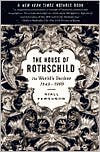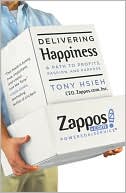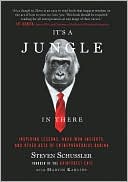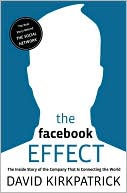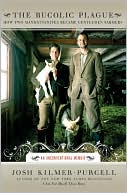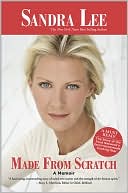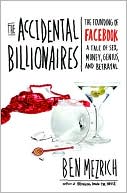The House of Rothschild: The World's Banker, 1849-1999, Vol. 2
Search in google:
Niall Ferguson's House of Rothschild: Money's Prophets 1798-1848 was hailed as a "great biography" by Time magazine and named one of the ten best books of 1998 by Business Week. Now, with all the depth, clarity, and drama with which he traced their ascent, Ferguson -- the first historian with access to long-lost Rothschild family archives -- continues and concludes his myth-breaking portrait of one of the most fascinating and powerful families of modern times. From Crimea to World War II, wars repeatedly threatened the stability of the Rothschilds' worldwide empire. Despite these many global upheavals, theirs remained the biggest bank in the world up until the First World War, their interests extending far beyond the realm of finance. Yet the Rothschilds' failure to establish themselves successfully in the United States proved fateful, and as financial power shifted from London to New York after 1914, their power waned. At once a classic family saga and a major work of economic, social, and political history, The House of Rothschild is the definitive biography of one of the most powerful firms of the nineteenth century and the riveting story of an exceptional family. Publishers Weekly Ferguson is not only publishing massive works of history at an astonishing rate; he is publishing well-written and controversial books. The Pity of War (Forecasts, Mar. 8) caused a stir by arguing that Britain bore the brunt of the blame for WWI. The completion of his two-volume history of the Rothschild banking empire begins at a high point of wealth, power and civic involvement, with Benjamin Disraeli a close family friend and Lionel Rothschild playing a leading role in gaining Jews the right to sit in Parliament. The book ends with the post-WWII rebuilding of the Rothschilds into a far-flung "mini-multinational." Drawing on thousands of letters from private Rothschild archives, Ferguson does a masterful job of showing how the Rothschild financial empire interacted with the governments of Europe. His account is peppered with countless refutations of previous interpretations and analyses. Yet the larger historical picture is often blurred as Ferguson furnishes blow-by-blow accounts of, for example, the French Rothschilds' ultimately successful decades-long battle against the Cr dit Mobilier. Readers will be left wanting more analysis of the larger sea change that consigned the Rothschild style of private banking to its current secondary status. And while he follows the senior partners in Britain and France (other houses, in Naples, Vienna and Frankfurt, either closed or simply receded from Ferguson's view), Ferguson sticks to their public deeds and roles, rarely venturing into the personal or the psychological. Still, this history is teeming with soundly argued expositions on the role of a singularly important family. Illus., charts, tables, appendices. (Nov.) FYI: In November, Penguin will publish The House of Rothschild: Money's Prophets 1798-1848 in paperback. Copyright 1999 Cahners Business Information.
Illustrations in the textTablesAcknowledgementsFamily treePreface1Charlotte's Dream (1849-1858)32The Era of Mobility (1849-1858)503Nationalism and the Multinational (1859-1863)904Blood and Silver (1863-1867)1205Bonds and Iron (1867-1870)1546Reich, Republic, Rentes (1870-1873)1897"The Caucasian Royal Family"2208Jewish Questions2579"On the Side of Imperialism" (1874-1885)28410Party Politics31811The Risks and Returns of Empire (1885-1902)33912Finances and Alliances (1885-1906)36913The Military-Financial Complex (1906-1914)41114Deluges (1915-1945)441Epilogue479App. 1Exchange Rates503App. 2Selected Financial Statistics505Source Notes510Bibliography612Index639
